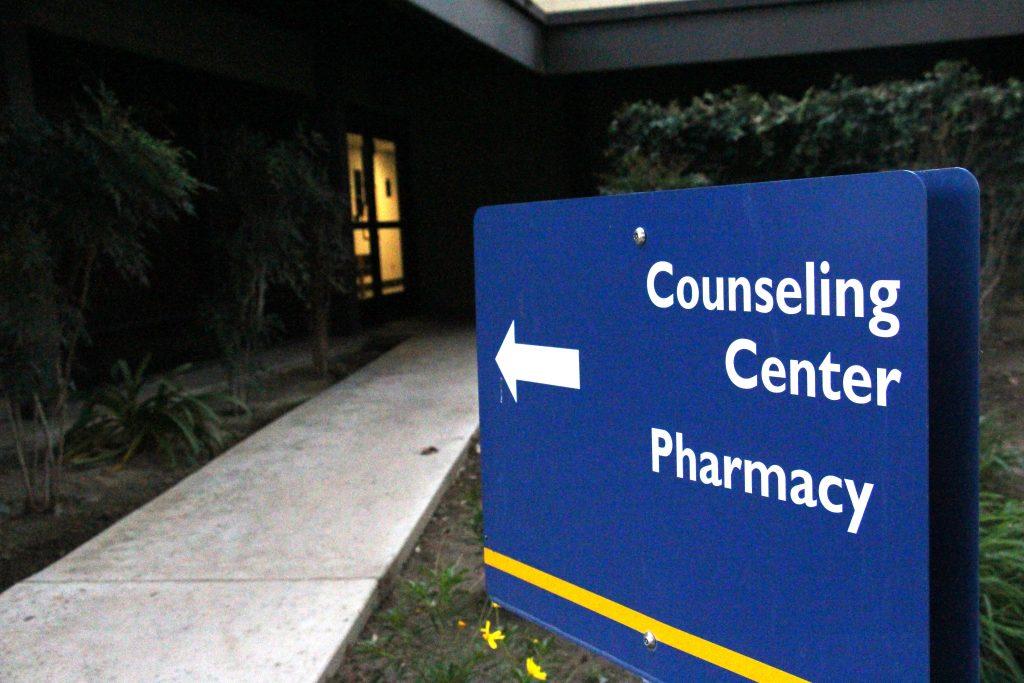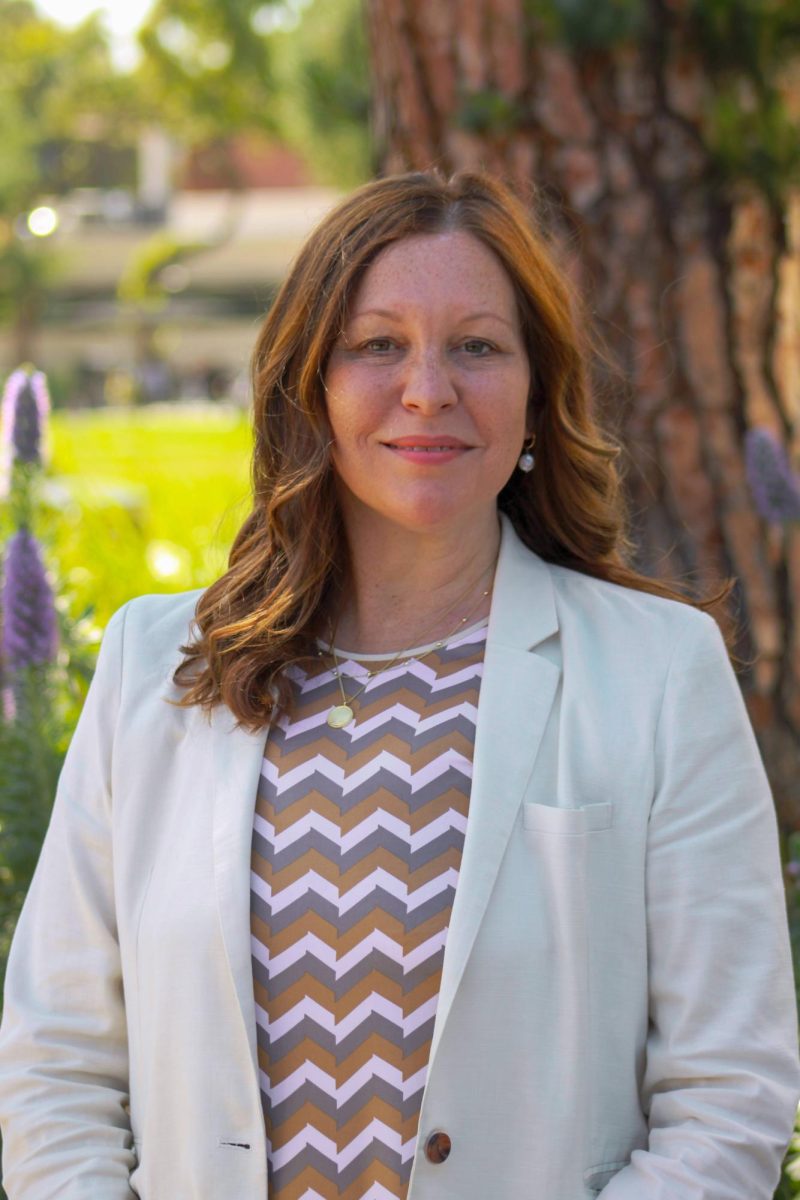Todd Banker
Freelance Reporter
A CSU Bakersfield student was recently treated for Neisseria Meningitidis, which is a bacterium that can cause meningococcal disease. The female student, who lives off campus, sought medical treatment quickly. The bacterium can kill a person in 24 hours and cause permanent disability such as amputation of the feet or other extremities.
The case was treated in a local hospital off campus. The student who was treated is out of the hospital and no longer contagious. Additionally, there are 37 close contacts to the student who were treated with Chemoprophylaxis. Chemoprophylaxis is a first line of defense treatment for people who are considered high risk in acquiring the bacterium. CSUB health services issued a memo via email to CSUB students regarding the case on Sept. 12.
How the bacterium was contracted in this case is unknown. The Neisseria Meningitidis bacterium is carried in the nasopharynx of humans. Symptoms of Neisseria Meningitidis are flu type symptoms such as a high fever with headache and severe neck pain. Neisseria Meningitidis is contagious. People with these symptoms should seek medical attention immediately.
People who are in prolonged close contact with someone who is infected with Neisseria Meningitidis are at risk. CSUB Student Health Services has already notified all the potential risk cases. CSUB Physician, Dr. Oscar W. Rico advised anyone who exhibits any symptoms of Neisseria Meningitidis to contact CSUB Student Health Services immediately.
According to Dr. Rico, prevention and treatment are a key factor in dealing with Neisseria Meningitidis. There is an inoculation for the bacterium, however the cost is expensive. CSUB will give the inoculation at cost. The cost is $115 per injection in a series of three injections. Students interested should seek the inoculations through private insurance first.
The case at CSUB has brought concerns to the campus. Tina Guerrero, A first year nursing student at CSUB said, “It’s usually not just one person who gets it.”
Arianna Parlan who is also a nursing student at CSUB said she has concerns with how thorough CSUB is in dealing with the situation because of how serious it is.
Erika Delamar, the associate director of Student Health Services at CSUB said, “We are working proactively.”
The case was initially discovered outside of CSUB, the hospital that originally discovered the infection had the responsibility to file a Confidential Morbidity Report (CFR) to Public Health Services. Public Health services notified CSUB when they found the case involving a student at CSUB.
Neisseria Meningitidis is not uncommon in California’s university system. In December of 2013 four students from UC Santa Barbara were diagnosed with the bacterium, leaving one student permanently disabled. In October of 2014 a San Diego State University Student was put on life support due to the bacterium. Recently, a Fresno State University student was diagnosed, as a result 72 close contacts of that case were put on antibiotics. This is the first case of Neisseria Meningitidis in CSUB’s history.











Katty • Sep 14, 2017 at 11:06 pm
How many of the seriously affected by neisseria meninitigidis were previously vaccinated?
Katty • Sep 14, 2017 at 11:01 pm
Curious why it takes 3 inoclations; is this treating different serogroups? Correct m wording if incorrect